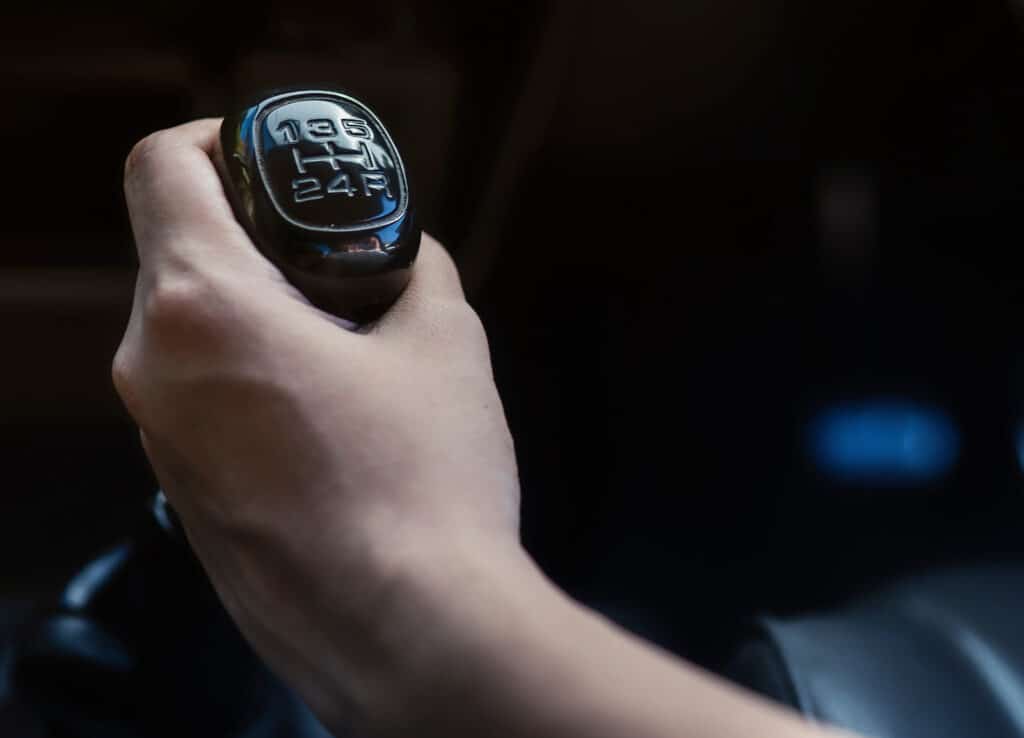Hit the Road, Kick the Tires or Hitchhike: Where’d They Come From?


There are any numbers of words and idioms that we use every day, without any concept of how they came to be.
We may hit the road by hitchhiking, but how did the phrases come to be? You might hail a taxicab, but where did that word come from? Given that English is an amalgamation of many different languages, odds are it wasn’t strictly England.
So let’s take a quick road trip through the automotive dictionary and discover the origins of our favorite motoring words and phrases.
Bus
Meaning: A large public carriage designed to carry passengers usually along a fixed route according to a schedule.
Origin: An abbreviation of the 19th century horse-drawn “omnibus,” a Latin word meaning “for all,” first used in 1835.

Die hard
Meaning: Resilient
Origin: Not a car battery, but the name for the British 57th Foot regiment. They became known as the “die-hards” because Colonel Inglis told his soldiers at the Battle of Albuera in Spain to, “Die hard, my lads, die hard” before the victory against Napoleon’s French Army on May 16, 1811. Only 168 out of 584 men and 1 out of 24 officers survived.
Driving force
Meaning: Someone or something that has the power to make things happen.
Origin: While its exact beginning is unknown, it doesn’t derive from automobiles, as you might expect. Its use began in the 19thcentury, when engines were first developed. Ralph Waldo Emerson was among the first to use the term in 1856 in the book “English Traits,” on his first visit to England: “The ability of its journals is the driving force.”
Hit the road
Meaning: To begin a trip or journey.

Origin: The phrase comes from a similar informal phrase, hit the trail, which was first used by author W.F. Butler in his book, “Wild North Land.” The phrase is allegedly derived from the sound of horses’ hooves hitting the ground. More recently, the well-known phrase was popularized by the number one 1961 Ray Charles hit, “Hit the Road, Jack,” written by Percy Mayfield.
Hitchhike
Meaning: Securing free rides from passing vehicles.
Origin: Its origins remain unclear, although its first known usage was in 1923. To hitch means to attach something to something else. The word hike was first mentioned in the late 19th century in The Century Dictionary. Referred to as a colloquial word, and also spelled hyke, it refers to a “a quick stroke or motion.” Beyond that, it’s hard to know how the word came to be first used in the 1920s.
Kick the tires
Meaning: A rapid, rushed way of testing something.
Origin: The phrase dates to the earliest days of trucking, when a tire might look inflated but actually be flat because the other tires on the same axle were holding it up. So drivers would strike the tire with a tool called a tire billy, which resembles a billy club, to determine whether you had a flat. Later, customers would kick the tires to ensure they could safely drive away.
Riding shotgun
Meaning: Claiming the right to sit in the front passenger seat of a car, truck, SUV or minivan.

Origin: The passenger sitting next to the driver riding shotgun, armed with a shotgun to protect the stagecoach from thieves and wild animals in the western U.S. But the phrase didn’t come into popular use until the early 20th century, when it was found in newspaper and headlines, and Hollywood scripts. These days, it means those riding shotgun assist the driver on long trips, looking for road signs or highway patrol, or adjusting the climate control.
Shift
Meaning: To change the gear setting of an engine.
Origin: Although its current meaning was first used around 1910, the word’s use as a verb meaning to alter or to change first appears around 1300 having originated in Germany. As a noun, it refers to a woman’s undergarment.
Slowpoke
Meaning: A lazy or slow person or worker.
Origin: First recorded in print in 1848, slowpoke is American slang for the English word slowcoach, based on the metaphor of a slow, horse-drawn coach. The American derivation may have originated out west, among cowpokes.

Take a back seat
Meaning: Having little or no involvement in something
Origin: You might think that this is a car metaphor, but it’s not. It’s a phrase that describes someone who sits on the back benches of England’s House of Commons. Those who did had little or no influence, as opposed to those who sat in the front benches, which were reserved for government leaders.
Taxicab
Meaning: A fare-charging car
Origin: Taxi derives from the 19th-century term taximeter cab, which combines French and German words for tarif (taxi/taxa), measuring devise (metre/meter) and the French word for a horse-drawn carriage (cabriolet). It was shortened to taxicab, referring to motor cars, by the early 20th century.





